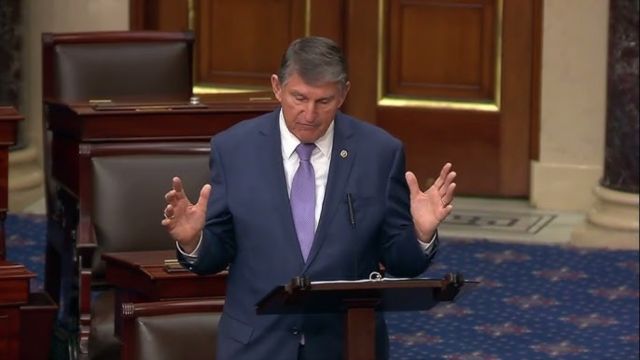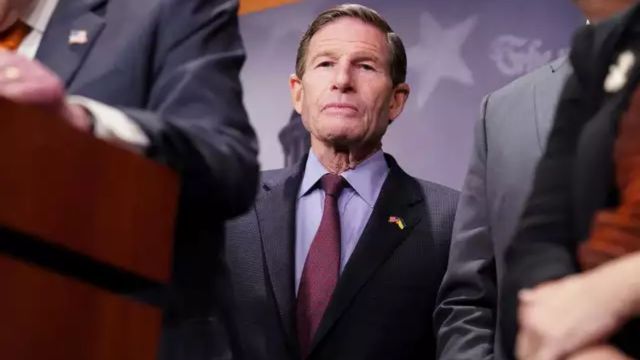As the United States Congress wraps up its current legislative session, all eyes are on the Senate as it prepares to decide the fate of the Social Security Fairness Act. This legislation, which has already cleared the House of Representatives with bipartisan backing, could have a transformative impact on thousands of Americans, particularly public sector pensioners.
The Social Security Fairness Act seeks to repeal two longstanding provisions—the Windfall Elimination Provision (WEP) and the Government Pension Offset (GPO)—which have been criticized for unfairly reducing Social Security benefits for certain retirees. However, with a packed Senate agenda that includes addressing a looming federal government shutdown, the bill’s path remains uncertain.
Understanding the Proposed Changes
The Social Security Fairness Act targets two controversial rules that have affected public pensioners for decades:
- Windfall Elimination Provision (WEP): Introduced in 1983, the WEP reduces Social Security benefits for individuals who receive pensions from jobs where Social Security taxes were not withheld. While designed to prevent pensioners from being treated as low-income workers for benefit calculations, critics argue that it unfairly penalizes those with diverse career histories.
- Government Pension Offset (GPO): Established in 1977, the GPO affects spousal and survivor benefits, reducing payments for those receiving a pension from government jobs exempt from Social Security taxes. Its intent was to align benefits with contributions, but many believe it disproportionately harms retirees relying on spousal benefits.
Who Is Affected?
The impact of these provisions is far-reaching yet selective.
In 2022, the WEP reduced benefits for approximately 2.01 million individuals, representing 3.1% of all Social Security recipients. Meanwhile, the GPO affected nearly 735,000 beneficiaries, accounting for about 1% of the total.
Not all retirees are subject to these rules. For example:
- The WEP does not apply to individuals with 30 or more years of substantial earnings under Social Security or to specific groups such as railroad workers and nonprofit employees.
- The GPO excludes spouses or widows receiving pensions based on others’ work or those who worked in Social Security-covered jobs.
For those unsure about their eligibility or the potential impact of these provisions, the Social Security Administration offers tools to estimate benefit adjustments.
Bipartisan Momentum, Uncertain Outcome
The Social Security Fairness Act has garnered bipartisan support from lawmakers on both sides of the aisle. Representatives Abigail Spanberger (D-Va.) and Garret Graves (R-La.) championed the bill in the House, while Senators Sherrod Brown (D-Ohio) and Susan Collins (R-Maine) have taken the lead in the Senate.

Despite this support, the bill’s fate is far from sealed. Senate Majority Leader Chuck Schumer recently announced plans to bring the legislation to a vote, but it must first secure 60 votes to pass the critical “cloture” stage and advance to final approval.
With the Senate grappling with numerous pressing issues, including the federal budget, the timing and outcome of this vote remain uncertain.
A Potential Turning Point for Public Sector Retirees
For public sector pensioners impacted by the WEP or GPO, the passage of this law could mean substantial increases in monthly Social Security benefits. For many retirees, the current provisions represent a significant financial burden, and their repeal would mark a long-overdue correction.
If you or someone you know could be affected, staying informed is crucial. Monitoring updates on the bill’s progress and understanding how these provisions might influence benefits is essential in preparing for potential changes.
As the Senate takes up this critical issue in its final days of the session, the decision will not only shape the financial future of thousands of retirees but also set a precedent for fairness in America’s Social Security system.

